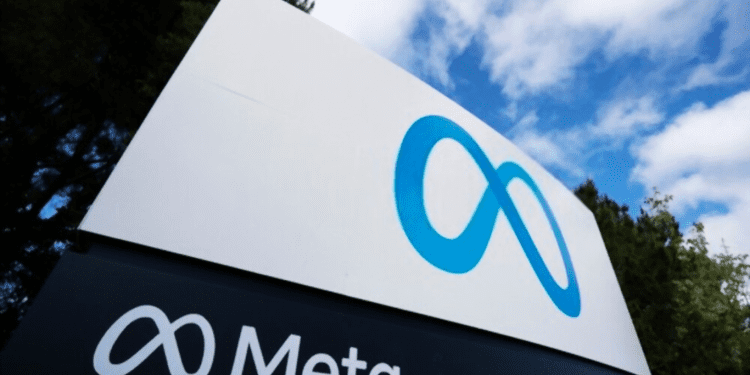Wall Street Journal reported that Facebook Parent Meta is expected to begin large-scale layoffs of employees in what could be the most significant round of job cuts in the tech industry.
The announcement is set to go into effect on Wednesday, and thousands of employees might be forced to find other sources of income.
As of September, Meta had more than 87,000 employees. The Facebook parent company is also the worst performer in the S&P 500, with shares down by roughly 73% over the past year.
Mark Zuckerberg spoke about the possibility of downsizing in a Facebook post, where he recounted his comments from the company’s recent earnings call last month.
“…that said, it’s not clear that the economy has stabilized yet, so we’re planning our budget somewhat more conservatively. In 2023, we will focus our investments on several high-priority growth areas. So, that means some teams will grow meaningfully, but most other teams will stay flat or shrink over the next year,” the post read.
“In aggregate, we expect to end 2023 as either roughly the same size or even a slightly smaller organization than we are today,” he wrote.
“Meta may seek at least $3 to 4 billion in open reductions through layoffs, and fixed costs cut to bring its viewers closer to the lower end of its expense guidance of $96 billion to $101 billion,” Mandeep Singh, Bloomberg Intelligence Analyst, wrote in a note on Monday.
The shrinkage might begin before 2023, from reports.
Meta Fourth Quarter Forecast
The layoff announcement comes to light in the wake of Meta’s ongoing struggle to keep up with other social media platforms like TikTok, privacy changes from Apple, and the $15 billion loss incurred this year alone, courtesy of the metaverse project- Reality Labs.
Last month, Meta shared a weak forecast for the fourth quarter after the company’s shares continued to plummet, plunging 19% in extended trading. Revenue fell 4% in the third quarter, in contrast to the 19% increase in expenses from last year to $22 billion. Income from operations decreased by 46%, coming up short at $5.6 billion.
Revenue from the unit in charge of the Metaverse business, Reality Labs, declined by almost half from 2021, with over $1 billion accrued in losses.
The Facebook parent company attributed its sales drop and revenue loss to issues, including the recession that resulted in cutting down on its advertisement budget and the consequences of Apple’s 2021 iOS privacy update that prohibits tracking of users on the web.
Reality Labs, Metaverse Project Losses Incite Uproar from Investors
The Metaverse project poses the most concern to investors, as Meta needs to disclose precisely what the money that has gone into it- and is expected to add up as time goes on- is being spent on.
Meta shareholders have publicly expressed their anger over Zuckerberg’s “spending binge,” Financial Times reported. Meetings with Meta executives have yet to do anything to ease their frustration and disgust over the lack of clarity concerning operations and updates involving the metaverse projects while funds continue to sink.
“If any other company had done this, you’d have activist investors writing letters, proposing an alternative slate of directors, demanding change,” Chief Funding Officer for US development at Meta Shareholder AllianceBernstein, Jim Tierney, spoke with FT.
“They’re spending $15 billion a year on the metaverse, and they can’t give us any mile-markers… it’s just a big hope,” he added.
“The problem is that they spend the money, but the transparency with investors has been a disaster. This continues to be a risky bet by Zuckerberg and the team because, for now, they are betting money on the future. In contrast, they continue to have massive headwinds on their core business,” Dan Ives, a tech analyst at Wedbush Securities, said.
Being the biggest supporter of his project, Zuckerberg had optimistic views regarding Reality Labs.
“We expect Reality Labs expenses will increase meaningfully again in 2023… more broadly, beyond 2023, we expect to pace Reality Labs investments to ensure we can achieve our goal of growing overall company operating income,” he said in a statement.
“There is still a long road ahead to building the next computing platform,” he added,” but we are doing leading work here. I think our work will be of historical importance and create the foundation for an entirely new way to interact with each other and blend technology into our lives.”














